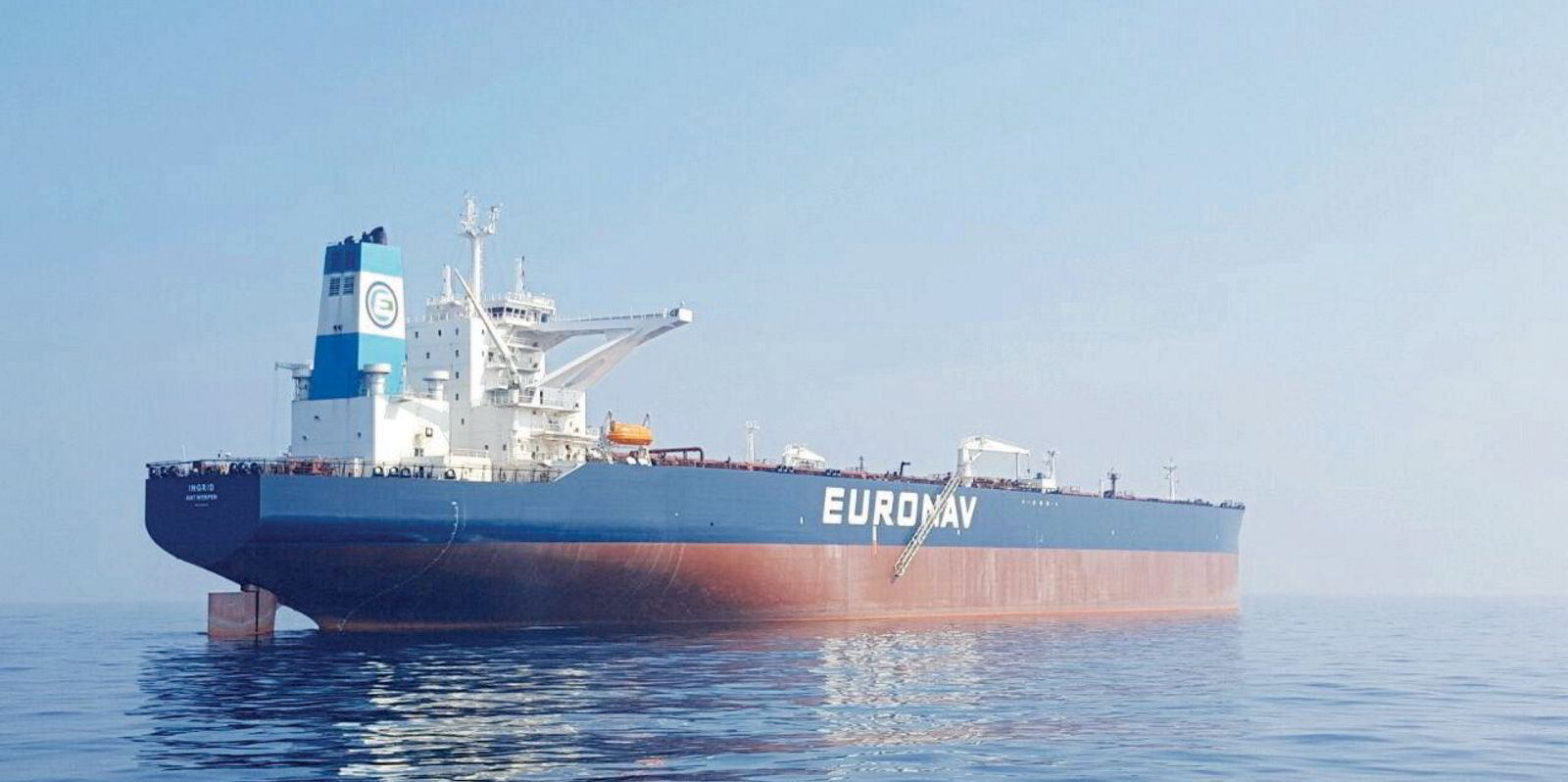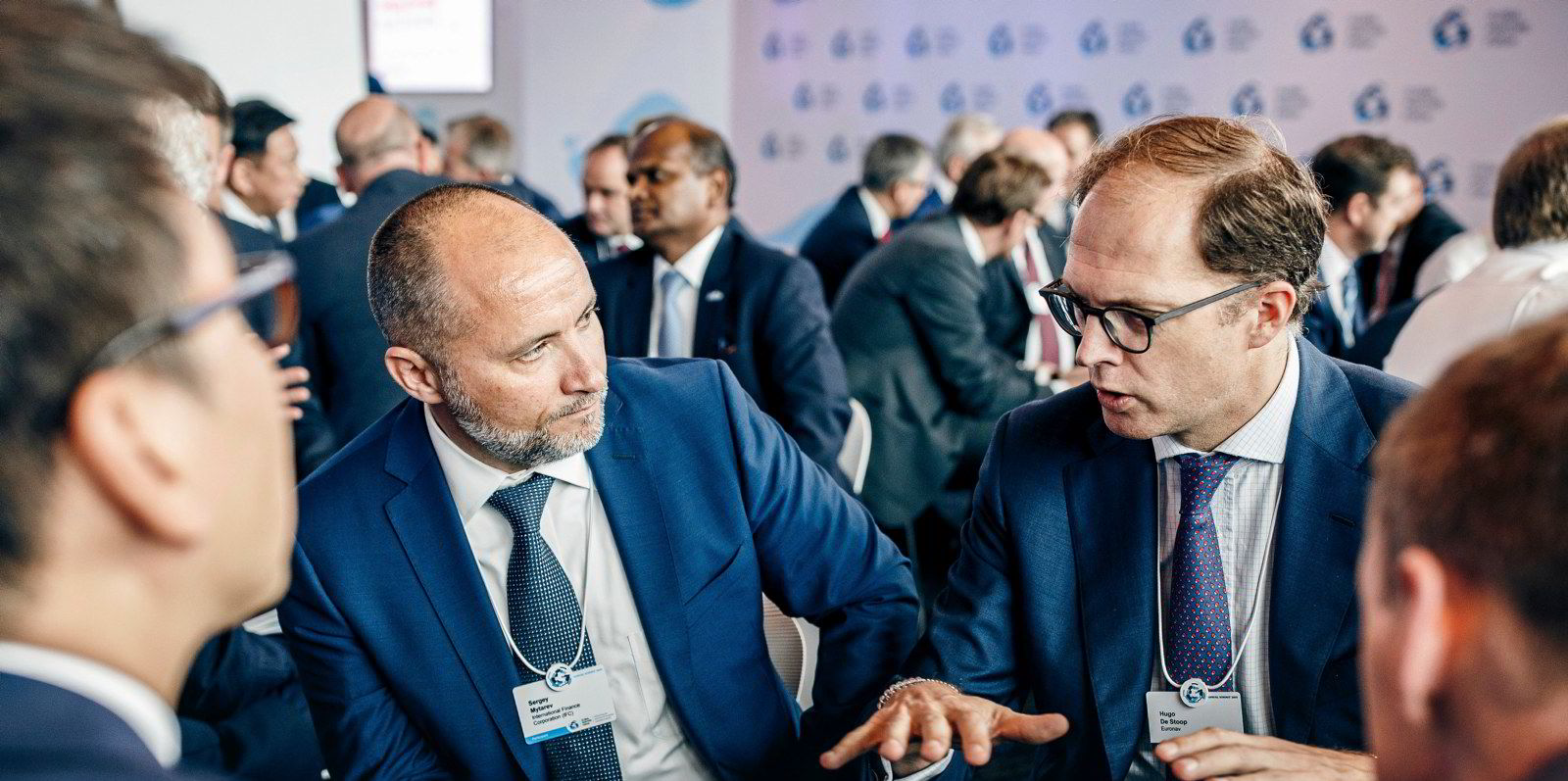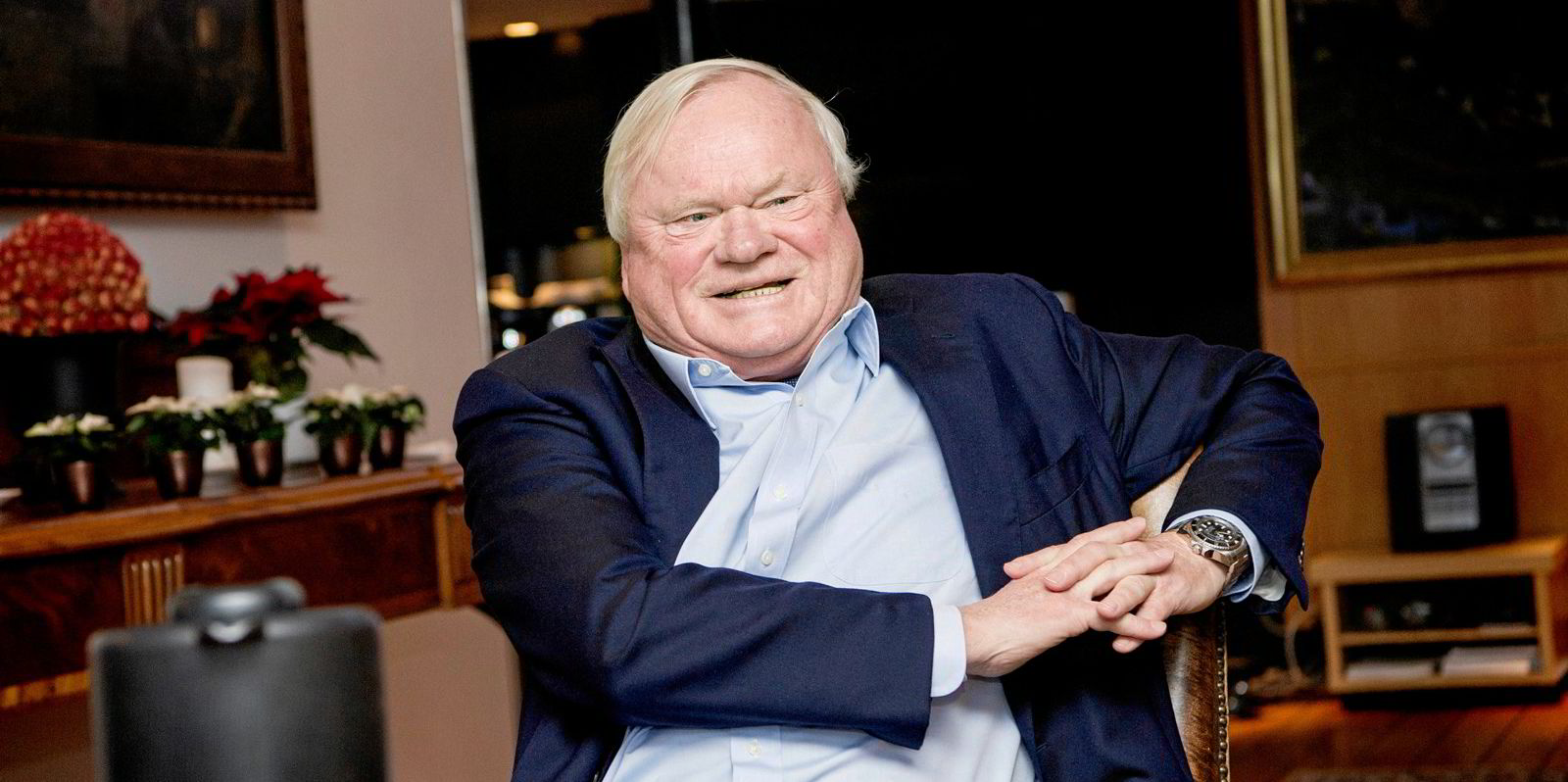Norway’s Pareto Securities has added its voice to an analyst chorus questioning the value of a potential merger of Euronav and Saverys family-backed green shipping operation CMB.Tech.
The investment bank’s analysts Eirik Haavaldsen and August Klemp believe the rival proposal for a tie-up between Euronav and John Fredriksen’s Frontline makes much more sense.
Pareto agrees with Euronav management in giving a firm “no” to what the analysts call a “strange CMB merger”.
They added they “struggle to see any rationale there”.
“Frontline and Euronav would create a great platform ahead of what we believe is a true tanker super-cycle already in motion,” the analysts added.
The Euronav board believes a CMB.Tech tie-up would imply a “substantial issuance” of Euronav shares and a massive capital expenditure programme for newbuildings ahead.
“While no valuation has been disclosed, we would thus expect this to be a significant number versus what is likely a modest level of invested capital to date,” the analysts said.
“To us this seems pointless, with equity markets clearly not favouring these types of initiatives at present,” they added.
Pareto speculates this could be a reason for the merger effort.
The investment bank sees tanker markets heading towards the most interesting period in 20 years, in which sanctions against Russian oil are “really igniting” ahead of schedule.
Timing is right
A Frontline/Euronav deal would create a “true shipping giant at the right point of the cycle”, the analysts said.
Pareto has a “buy” rating on Euronav’s shares, with a target price of $14, against $12.50 previously.
The investment bank sees a further share-price upside if the Frontline merger is voted through.
The stock was trading at $12.03 in New York on Friday.
Pareto is forecasting another loss-making quarter for Euronav next week, with Ebitda at $25m from spot rates of between $11,000 and $12,000 per day in the first three months.
The net loss will be lower than in the fourth quarter, however, despite weaker Ebitda, due to an earlier change in the accounting profile.
“A little under the radar, the company has renewed its VLCC fleet drastically, with leases running out for early generation Dalian-vessels and most recently an outright sale of four 10-year-old [tankers] and the proceeds used to pick up two very attractive 2019/20 built [vessels],” Haavaldsen and Klemp said.






